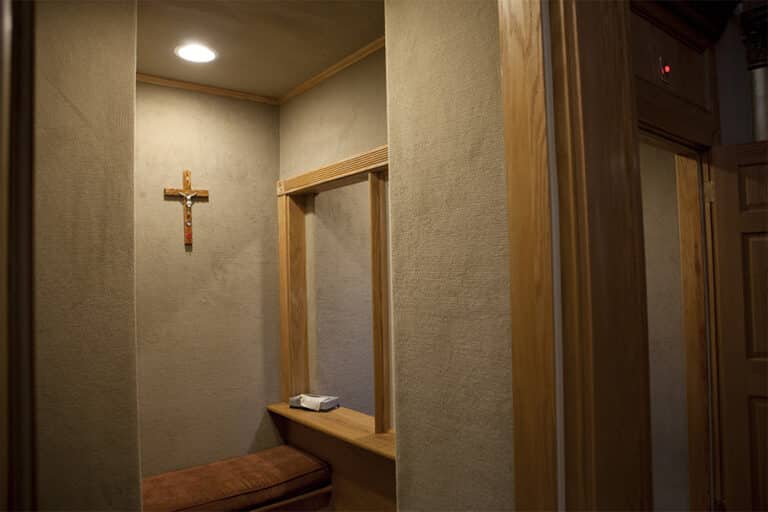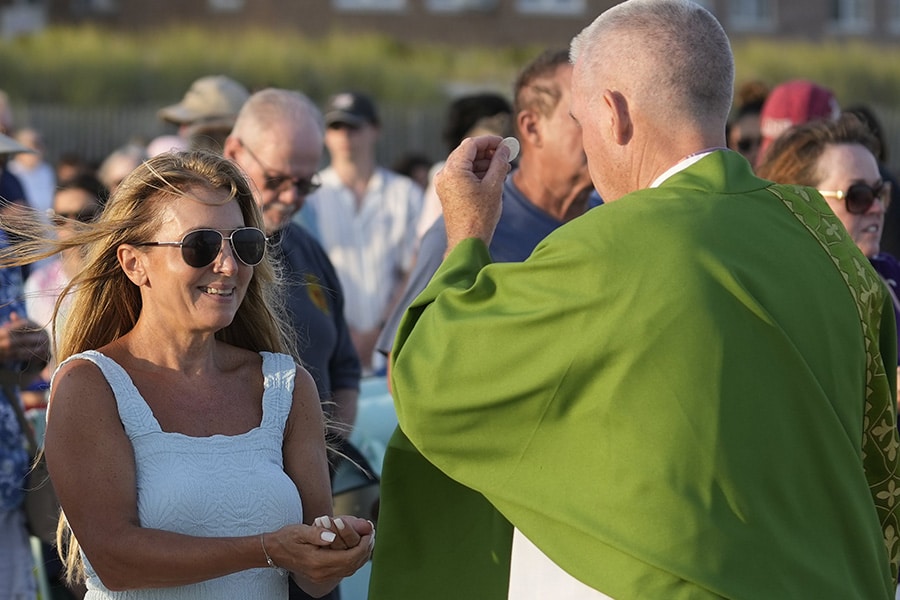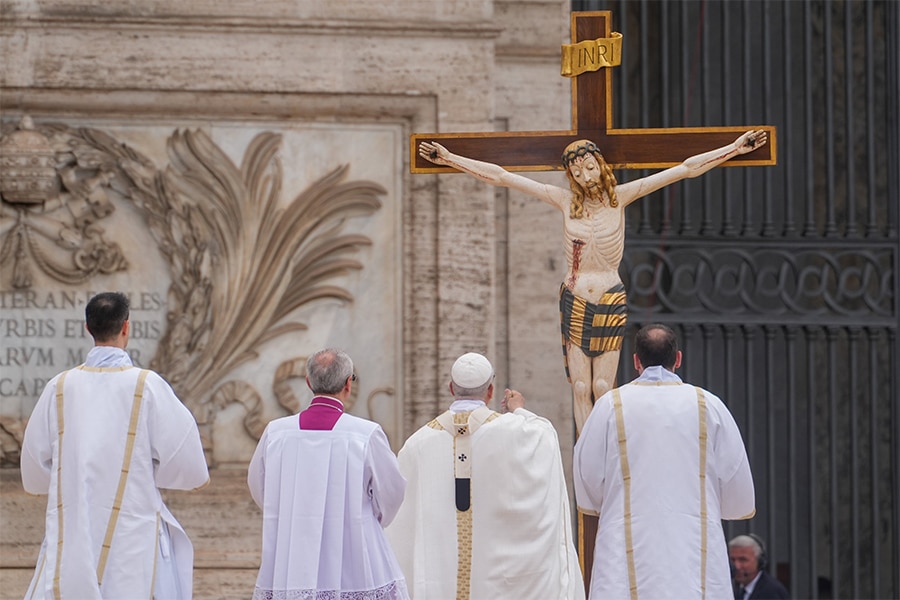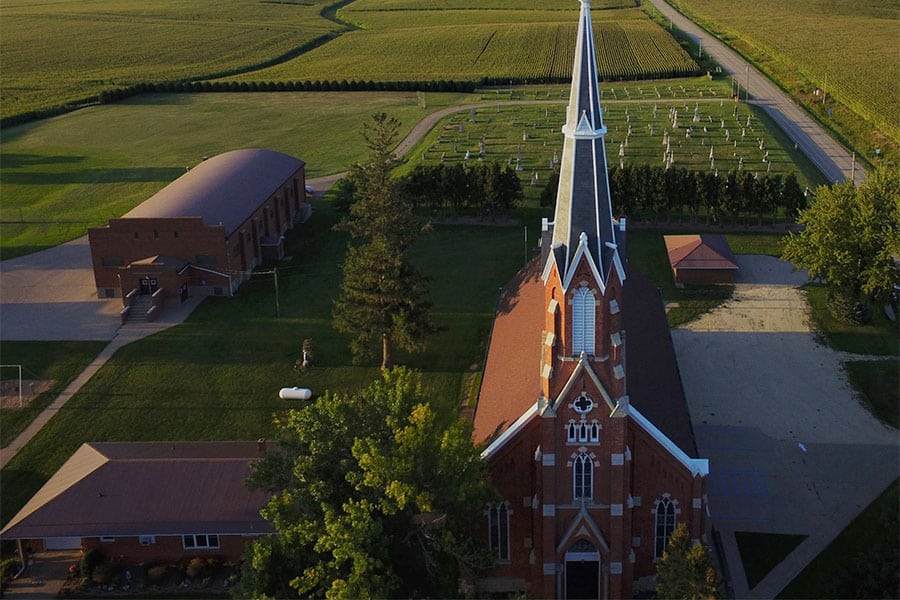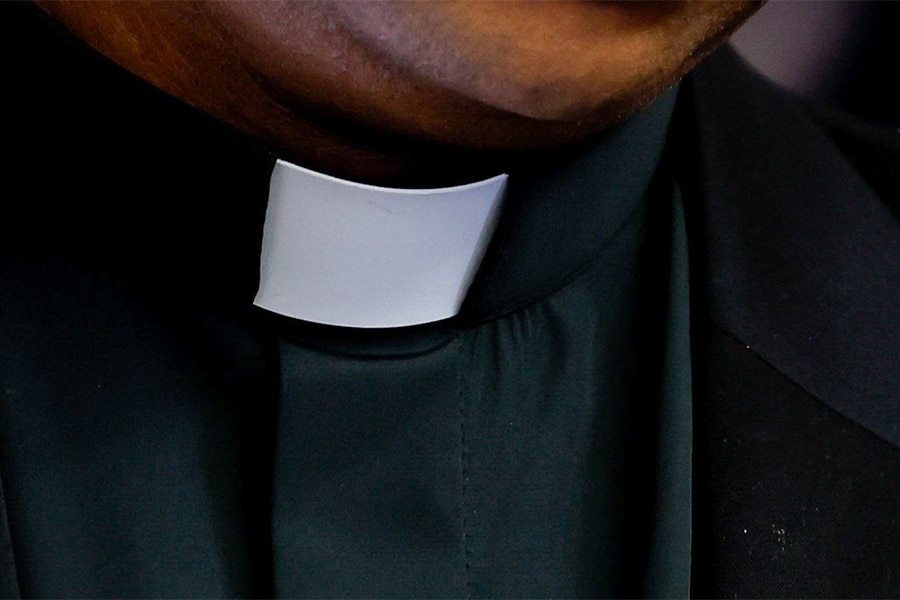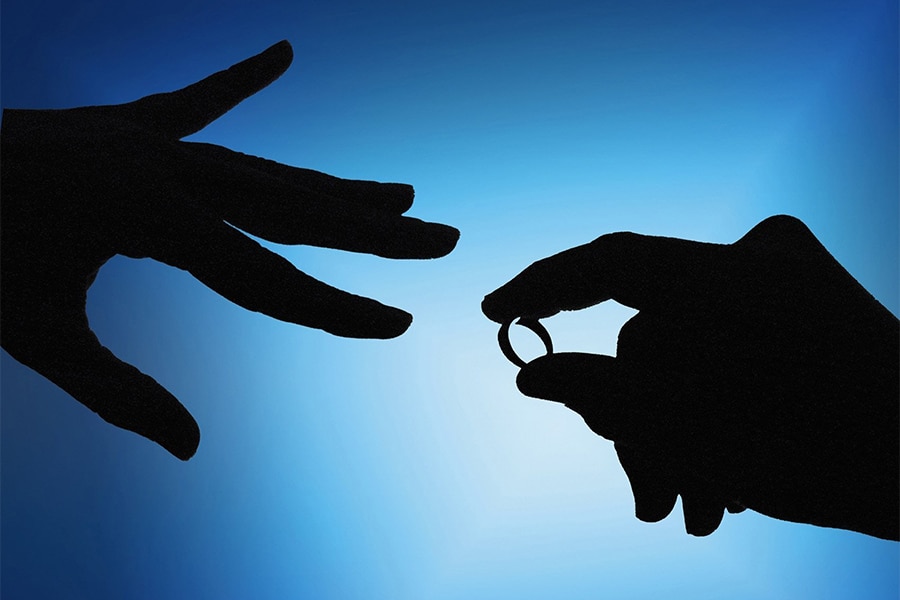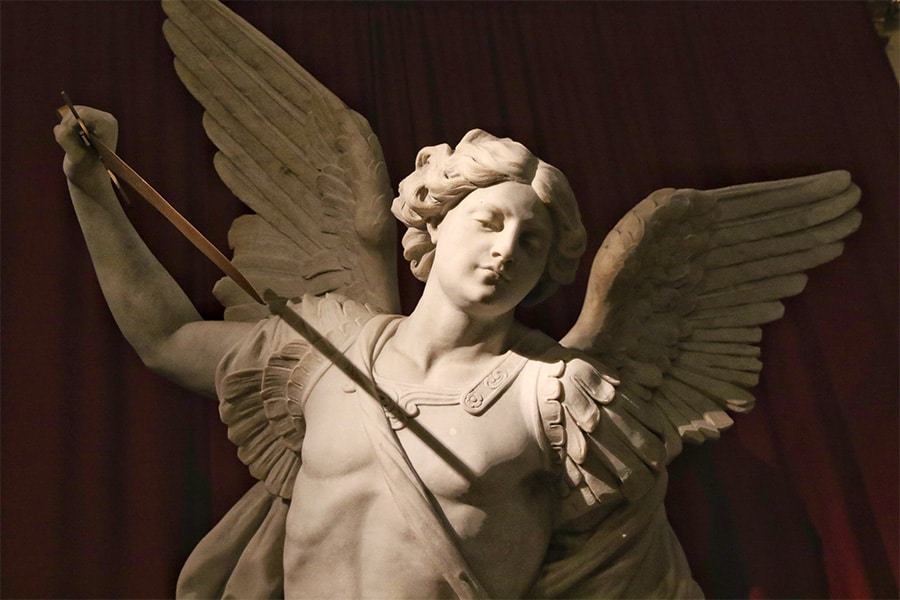Q: How could Jesus’ death “cleanse us from our sins” and “assure our entrance into heaven?” If that is the case, why do we need confession?
A: First of all, since it pertains to some of the deepest mysteries of our faith, I think the exact “mechanics” of how Jesus’ passion and death redeemed the fallen human race are ultimately going to be beyond our full understanding. But by that same token, this means it is something we can ponder for the rest of our lives without ever exhausting the theme.
St. Leo the Great makes an effort to explain this in one of his letters, a passage of which the church includes in the Liturgy of the Hours for the Solemnity of the Annunciation on March 25 in the Office of Readings:
“To pay the debt of our sinful state, a nature that was incapable of suffering was joined to one that could suffer. Thus, in keeping with the healing that we needed, one and the same mediator between God and men, the man Jesus Christ, was able to die in one nature, and unable to die in the other.”
As we recall, Adam and Eve, the first humans created, introduced sin into the human experience by their primordial act of disobedience toward God. From that time on, humanity has been laboring under the negative effects of this original sin. These effects include the inevitability of suffering and bodily death, as well as a certain inborn weakness of the will and a tendency toward sin (in technical language called “concupiscence”). All humans everywhere are subject to these negative effectives, even if they have not personally committed any serious sins themselves.
As the rift caused by original sin was so radical and severe, human beings on their own are unable to repair this breach. However, we believe that in the Incarnation, the second person of the Trinity, the eternal Word of God, “became flesh and made his dwelling among us” (Jn 1:14).
We believe that Jesus, son of God and son of Mary, was one person with two natures, meaning that he was both fully human and fully divine. Jesus in his human nature endured a human death, but because he was God he had the power to resurrect himself and did not remain dead. Since he took on our nature, we as humans can follow the path Jesus took in inheriting eternal life.
Similarly, Jesus’ perfect obedience to God’s will as the “new Adam” has the power to free humanity as a whole from the guilt incurred by the sin of the first Adam.
However, even with these great gifts which Jesus has made available to us, God still respects our free will and it always remains our choice to accept or reject God’s offer of His friendship and eternal life. Our baptism is what initially conforms us to Jesus in this way, and baptism is always a choice, either our own choice or — for those who were too young to speak for ourselves — a choice on the part of our parents.
Baptism frees us from the guilt — sometimes poetically referred to as the “stain” — of original sin. Yet any time we personally commit a sin, we are deliberately rejecting God and thus the gift of redemption which Jesus gained for us. A serious “mortal” or deadly sin totally cuts us off from God; and this essentially brings us back to square one, as it is effectively forfeiting our share in the life and forgiveness gained by Jesus’ passion, death and resurrection.
Even less serious venial sins can still damage our relationship with God, and can make it easier to fall into more serious sin.
Still, we know that God is totally loving and merciful, and is always ready to forgive. And this is why Jesus left the church with the sacrament of penance, to provide a means for reconciliation after post-baptismal sins.
Send your questions to CatholicQA@osv.com.
Read More Question Corner
Copyright © 2025 OSV News

